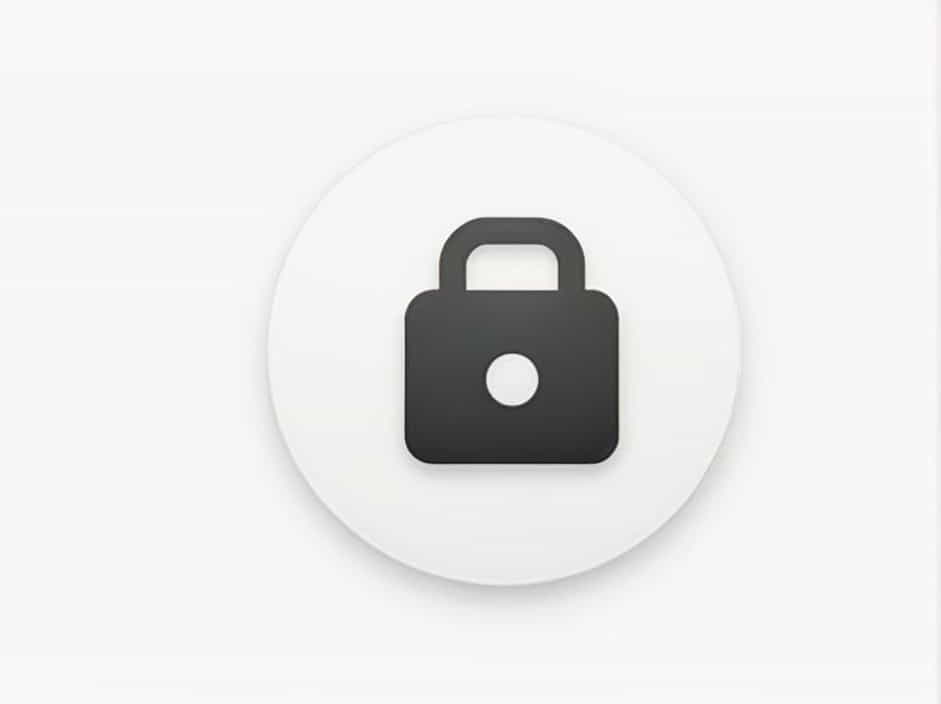In today’s digital age, filing a complaint against an unknown person (X) online has become more accessible. Whether you are a victim of cybercrime, fraud, harassment, or any criminal activity, many countries allow you to report such incidents through official online platforms.
This guide explains the legal concept of filing a complaint against X (Porter Plainte Contre X), how to do it online, the necessary steps, and what to expect after submitting your complaint.
What Does “Porter Plainte Contre X” Mean?
The term “Porter Plainte Contre X” is a legal process used in French-speaking countries when a victim wants to report a crime but does not know the identity of the perpetrator. The complaint is filed against an unknown person (X), and law enforcement investigates to identify the suspect.
This type of complaint is common in cases such as:
- Cybercrimes (phishing, hacking, identity theft)
- Online scams (fake websites, fraudulent transactions)
- Harassment or threats on social media
- Property damage or theft where the culprit is unknown
- Defamation or slander when the responsible person is unidentified
Once the complaint is filed, authorities gather evidence and attempt to identify the suspect.
How to File a Complaint Against X Online?
Many countries now provide online portals where victims can submit complaints against unknown individuals. The steps generally include:
1. Gather Evidence
Before filing your complaint, collect all possible evidence related to the crime:
- Screenshots of messages, emails, or social media interactions
- Transaction records or bank statements (for fraud cases)
- IP addresses or website URLs linked to the crime
- Photos or videos related to the incident
2. Find the Official Complaint Platform
Each country has its own official website for reporting crimes. Some common platforms include:
- Police or law enforcement websites
- Cybercrime reporting portals
- Consumer protection agencies (for fraud cases)
3. Fill Out the Online Complaint Form
When submitting your complaint online, you will need to provide:
- Your personal details (name, address, contact information)
- A detailed description of the incident
- Uploaded evidence to support your claim
- The date, time, and location of the crime (if applicable)
Since the suspect is unknown, enter “X” in the section asking for the accused person’s identity.
4. Submit the Complaint and Receive a Case Number
After submitting, you will receive:
- A case reference number
- A confirmation email or receipt
- Instructions on how to track your complaint’s progress
5. Follow Up with Authorities
Depending on the severity of the case, law enforcement may:
- Contact you for additional information
- Begin investigating using your evidence
- Request assistance from cybercrime units if the crime occurred online
If the authorities identify a suspect, the case may be transferred to a prosecutor for legal action.
What Happens After Filing the Complaint?
1. Investigation Process
Authorities will analyze the evidence and try to:
- Identify the perpetrator (tracing IP addresses, bank transactions, or surveillance footage)
- Gather witness statements (if applicable)
- Collaborate with internet service providers or financial institutions to track online activity
2. Possible Legal Outcomes
Once the investigation is complete, several outcomes are possible:
- Suspect identified: Charges may be filed, leading to court proceedings.
- Case closed due to lack of evidence: If authorities cannot find enough proof, the case might be dropped.
- Ongoing monitoring: In some cases, law enforcement may keep the case open while collecting more evidence.
Legal Considerations When Filing a Complaint Against X
1. False Complaints Can Lead to Legal Consequences
Filing a false police report can result in legal penalties, including fines or criminal charges. Always ensure your claim is truthful and backed by evidence.
2. Jurisdiction Issues in Online Crimes
If the crime was committed online, jurisdiction can be complex. For example:
- The perpetrator might be in a different country.
- The crime may involve international cyber laws.
In such cases, authorities may cooperate with Interpol, Europol, or other international agencies.
3. Confidentiality and Anonymity
In most legal systems, your personal information is protected, and authorities handle complaints with confidentiality. However, if the case goes to court, you may need to testify.
Common Challenges When Filing a Complaint Against X Online
1. Lack of Sufficient Evidence
Many cases fail due to insufficient proof. Always provide clear evidence such as:
- Screenshots
- Transaction records
- Witness testimonies
2. Delayed Investigations
Law enforcement agencies receive thousands of complaints daily. Some cases may take months or even years to be fully investigated.
3. Jurisdictional Limits
If the perpetrator is located abroad, legal action can be more complicated. Some countries do not cooperate in cybercrime investigations.
4. Difficulty in Identifying the Offender
In some cases, even with evidence, identifying the suspect can be challenging—especially in crimes involving anonymous online profiles or encrypted messaging platforms.
Frequently Asked Questions (FAQs)
1. Can I file a complaint against X anonymously?
- Some countries allow anonymous complaints, but providing contact details may increase the chances of a successful investigation.
2. What happens if the perpetrator is never found?
- The case may remain open indefinitely or be closed due to lack of evidence.
3. How long does an investigation take?
- Investigations can take anywhere from weeks to years, depending on the case complexity.
4. Can I track my complaint online?
- Many police websites offer tracking services where you can check your complaint’s progress.
5. Can I withdraw my complaint?
- Yes, but once an investigation starts, authorities may continue the case if it involves serious crimes.
Filing a complaint against X online is a powerful legal tool for reporting crimes when the suspect is unknown. Whether dealing with cybercrime, fraud, harassment, or physical crimes, the process ensures that authorities investigate and take action.
By following the correct procedures, providing strong evidence, and staying patient, you increase the likelihood of justice being served.
